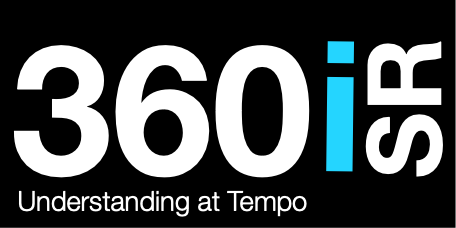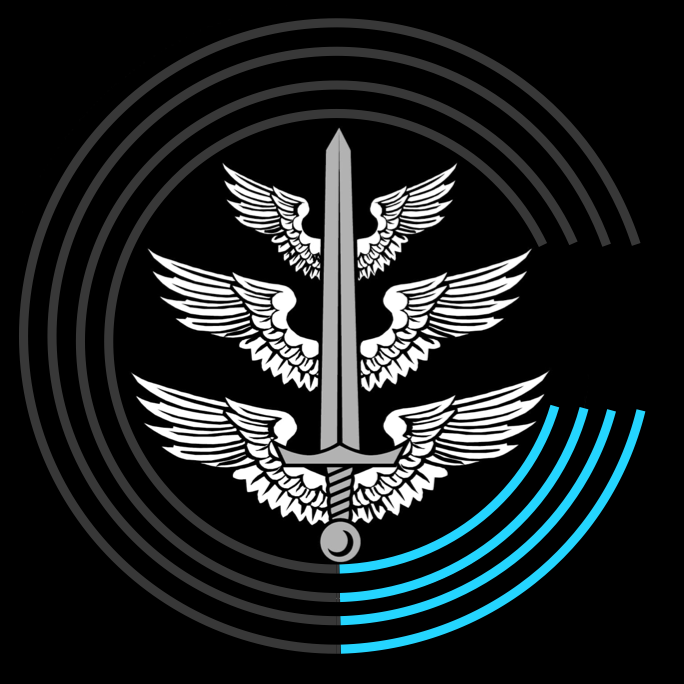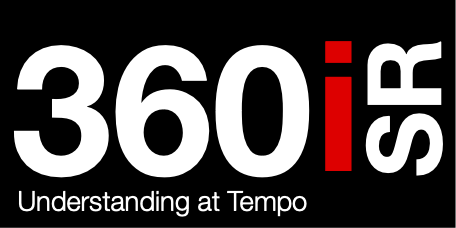NATO. The New Challenge, the New Hope
NATOs new strategic Concept – A New Hope?
In the current Strategic Concept (2010) NATO describes itself as “a unique community of values committed to the principles of individual liberty, democracy, human rights and the rule of law”, it presents NATO’s three essential core tasks - collective defence, crisis management and cooperative security. The current development and drafting on the new concept acknowledges that the unconventional threat is growing and needs to be addressed.
Provided NATO stays vigilant, the prospect of direct military attack across the borders of the Alliance is slight, at least for the foreseeable future. NATO is learning, however, that in the current era less conventional threats to the Alliance could arise from afar and still affect security at home. These dangers include attacks involving weapons of mass destruction, terrorist strikes, and efforts to harm society through cyber assaults the unlawful disruption of critical supply lines. To guard against these threats, which may or may not reach the level of an Article 5 attack, NATO must update its approach to the defence of Alliance territory while also enhancing its ability to prevail in military operations and broader security missions beyond its borders.
The identification of cyber as a threat to NATO is a significant milestone and acknowledges the potential that traditional Article 5 actions may be becoming outdated. Put in recent context of the political rhetoric coming out of the Biden Administration in the build-up to the first summit with Putin, this is particularly interesting:
“We have significant cyber capability, and [Putin] knows it,” Biden told reporters. “If, in fact, they violate these basic norms, we will respond … in a cyber way.”
Cyber-attacks have historically been non-attributable or deniable. The confidence to retaliate to an attack suggests that such retaliative action can be justified with robust intelligence to support targeting decisions in accordance with the Laws of Armed Conflict. According to a report in Forbes dated 16 June 2021, the recent attacks against American companies and government entities were blamed on either the Russian government or Russia-based hackers. Russian spies were accused of breaching federal agencies last year by exploiting software made by SolarWinds, and in recent weeks, a pair of ransomware attacks forced brief shutdowns at a pipeline carrying 45% of the East Coast’s gasoline supplies and food plants responsible for 20% of U.S. beef production. Some of these attacks were allegedly carried out by independent Russian-speaking groups rather than the government itself, but experts claim Russia seems to tolerate this activity as long as it targets the country’s adversaries. The issue has turned into a flashpoint between Russia and the United States: The White House has held the Kremlin responsible for the latest round of hacks, and Biden administration officials indicated part of the Geneva summit would be dedicated to cyberattacks.
Such attacks blur the agreements of the Geneva Convention that dictates that non-combatant and civilians cannot be subject to military targeting. An attack on fuel supplies and food production is very much in contravention of this agreement. It will be interesting to see how America retaliates and whether counter cyber-attacks will be limited to military infrastructure. What is evident, is that long held ideals and laws may now be outdated by contemporary delivery systems.
It is in this area that NATO faces its greatest challenge. Yes, there are the peer adversaries that need to be balanced, but the greatest challenge is to address the core ethos of the organisation itself, to uphold “democracy, human rights and the rule of law”
The problems and challenges posed by the cyber domain pale into comparison of those posed by the cognitive domain. In similar claims to that of recent cyber manipulation, America and the UK have complained about Russian influence in democratic processes. The uncorroborated claims of manipulation of the US 2016 election and the UK BREXIT vote and the subsequent Cambridge Analytica scandal brought social manipulation out of the shadows and presented a new subthreshold capability. The threat posed by social manipulation cannot be underestimated. It featured prominently in the UK’s Integrated Operating Concept introductory presentation by General Sir Nick Carter, “Their goal is to win without going to war: to achieve their objectives by breaking our willpower, using attacks below the threshold that would prompt a war-fighting response. These attacks on our way of life from authoritarian rivals and extremist ideologies are remarkably difficult to defeat without undermining the very freedoms we want to protect. We are exposed through our openness.”
Subthreshold activity is attractive to an adversary because it is deniable or deniable enough to cause enough doubt in individual NATO members’ psyche to cause extended discussions or even decision paralysis. It will never trigger an Article 5 response, it will never stimulate galvanised NATO action; has collective defence has been side-lined? “The Parties agree that an armed attack against one or more of them in Europe or North America shall be considered an attack against them all and consequently they agree that, if such an armed attack occurs, each of them, in exercise of the right of individual or collective self-defence…” what if the attack is not armed, what if the attack is an uprising of social discontent; an overwhelming influx of migrants or a perception of social injustice? Maybe Article 5 needs to be reserved for a 9/11 event or a peer adversary and Articles 3 and 4 need to be amended ensure that a country’s resilience is not under mined by social manipulation or democratic manipulation is not used to undermine ‘political independence or security’.
The efforts taken to enable justified retaliation in the cyber domain need to be made in the cognitive domain. Herein lies NATOs greatest challenge, and one that will, in many ways, rewrite how NATO remains relevant and plans for Multi Domain Operations. NATO needs to address both the rise of the peer adversary and the means by which all opponents challenge the core ethos and rationale of NATO. The ensuing discussion will need to contend with serious ethical and moral decisions. The Laws of Armed Conflict may need to be re-written… the sole of NATO will need to be searched.




